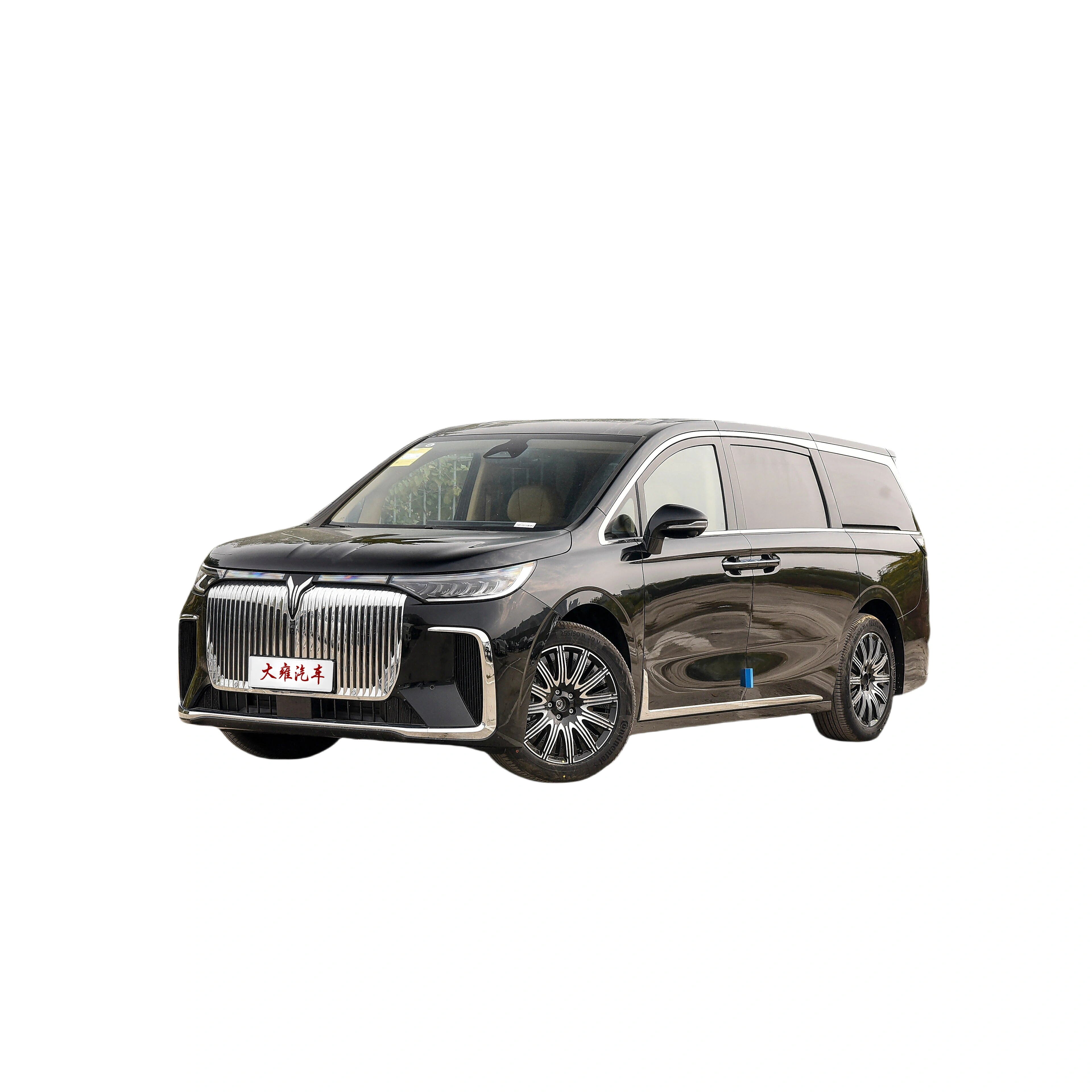new energy electric vehicle
New energy electric vehicles represent a revolutionary advancement in automotive technology, combining sustainable transportation with cutting-edge innovation. These vehicles operate on advanced electric powertrains, featuring high-capacity lithium-ion batteries that provide impressive range capabilities of up to 300-400 miles on a single charge. The sophisticated battery management system ensures optimal performance and longevity, while regenerative braking technology helps recover energy during deceleration. Modern electric vehicles incorporate smart connectivity features, enabling real-time monitoring of vehicle status, battery levels, and charging station locations through dedicated mobile applications. The vehicles come equipped with advanced driver assistance systems (ADAS), including autonomous parking, lane-keeping assistance, and adaptive cruise control. Interior comfort is enhanced through spacious cabin designs made possible by the compact nature of electric powertrains. The instant torque delivery characteristic of electric motors provides superior acceleration and smooth driving experience. These vehicles also feature fast-charging capabilities, with many models able to achieve an 80% charge in under 30 minutes using DC fast-charging stations.


